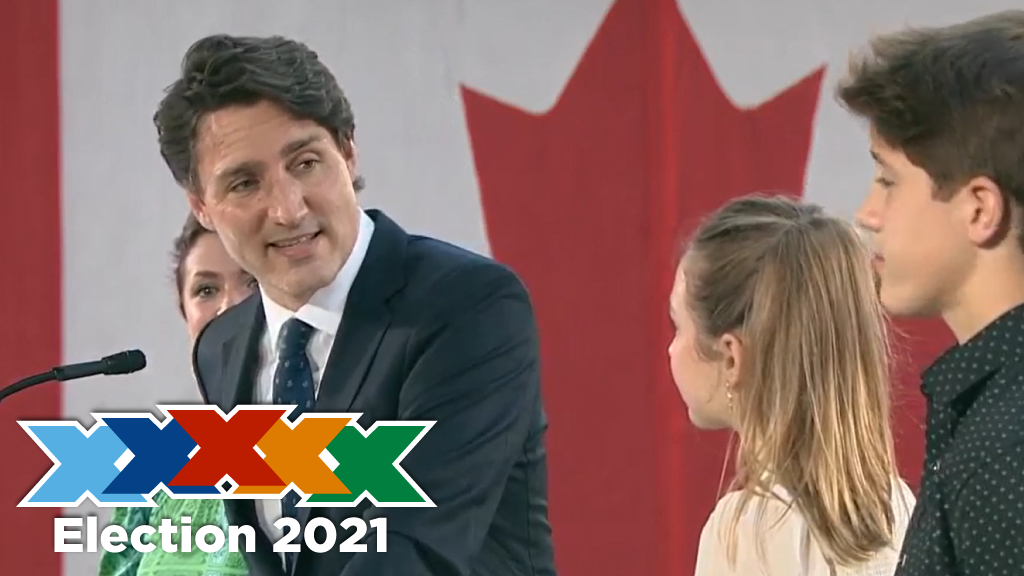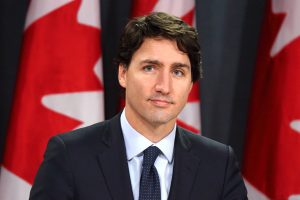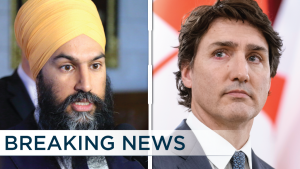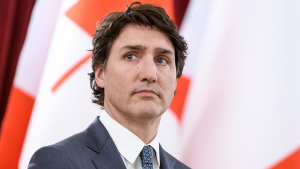The day after the federal election, national construction industry stakeholders were preparing to engage with the newly re-elected Trudeau Liberals and new faces in the opposition to ensure their priority issues receive ample attention in the upcoming recalibration of the government.
John Gamble, president and CEO of the Association of Consulting Engineering Companies – Canada (ACEC), commented the election results, which resulted in minimal change in the relative positions of the main parties, amounted to little more than a cabinet shuffle, while others such as Royal Architectural Institute of Canada (RAIC) vice-president of corporate affairs Giovanna Boniface suggested relations with the government would generally be business as usual: “At the end of the day, not much has changed. We’re waking up and it’s really the same scenario as before. From our perspective, it doesn’t change our track.”
An unofficial seat tally as of the afternoon of Sept. 21 had the Liberals with 158 seats, the Conservatives at 119, the Bloc Quebecois with 34, the NDP with 25 and the Green Party with two seats.
“The net effect of this is really a cabinet shuffle,” said Gamble. “There’s certainly not going to be any tectonic shift in the direction of the government or in how we are going to continue to approach the government and the opposition.”
Strategically, Gamble noted current Infrastructure Minister Catherine McKenna will not be part of the new government and she had been the driving force behind the National Infrastructure Assessment, but he assumes that work will continue. The engineers will have to make sure they schedule meetings with the opposition, he added, given there is another minority government in place that will be of undetermined tenure.
“But certainly, in terms of the big issues like infrastructure, resource development, many of those types of issues, we don’t see any major change,” said Gamble. “It seems that the infrastructure bank is going to continue, though I do think that there needs to be some clarity around its mandate, particularly in the post-COVID world.”
Ken Lancastle, COO of the Mechanical Contractors Association of Canada (MCAC), said the election demonstrated the importance of politicians of all stripes collaborating on issues vital to Canada’s economic recovery.
Lancastle noted there was recognition from all parties that the skilled trades will be an essential part of economic recovery, and there was significant discussion about climate change.
“We will continue to stress the significant role the mechanical contracting sector can play in addressing energy efficiency and greenhouse gas emissions,” he said.
One urgent issue that needs to be addressed is supply shortages and associated price fluctuations, Lancastle said.
Canadian Construction Association (CCA) president Mary Van Buren said she too looks forward to the development of the National Infrastructure Assessment, which would result in a long-term infrastructure strategy overseen by an independent, data-backed organization, she said, as well as the continued rollout of the Liberals’ Investing in Canada infrastructure program.
But, Van Buren said, “It is unfortunate that infrastructure did not receive robust dialogue or attention during the campaign, given its importance to Canada’s economic and social recovery.”
Other CCA priorities will be workforce development and more fair and competitive procurement.
Canada’s Building Trades Unions executive director Sean Strickland also stressed the importance of all parties working together in the next phase of minority government and he said specifically the CBTU wants to work with the government and opposition to ensure a promised skilled labour mobility-tax deduction becomes enshrined in legislation.
“This has been a long-standing issue of the Building Trades. We want tax fairness for our workers,” Strickland said.
Other priorities the CBTU will press the government on include building the skilled trades; ensuring community benefits agreements include language to hire apprentices and underrepresented groups; and reform of the Employment Insurance (EI) system including decreasing the waiting period for apprentices going to school to access EI benefits.
Strickland said the CBTU will also be advocating to install a skilled trades representative at EI who would better understand the cyclical nature of the industry.
A number of the stakeholders had posted election engagement platforms on their websites including the CCA, ACEC, MCAC and RAIC.
Boniface said the institute had highlighted four issues it suggested its members raise during the election but one in particular was in the spotlight during the campaign.
“We’re just going to keep on and push harder on these issues,” she said, outlining future advocacy efforts. “In particular, obviously, climate we think was the election topic for this year. So Canadian architects, this has been on our forefront so we’ll just keep pushing.”
Follow the author on Twitter @DonWall_DCN.











Recent Comments
comments for this post are closed